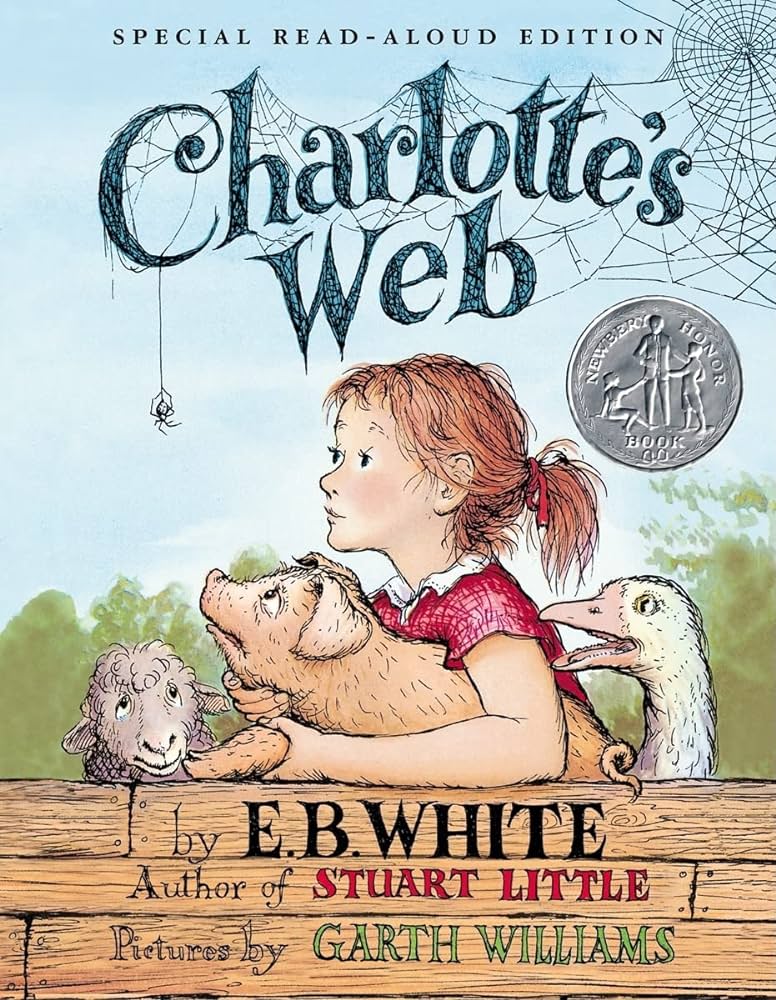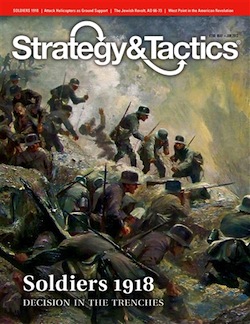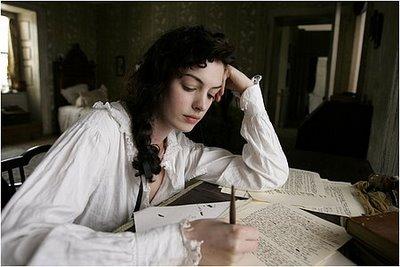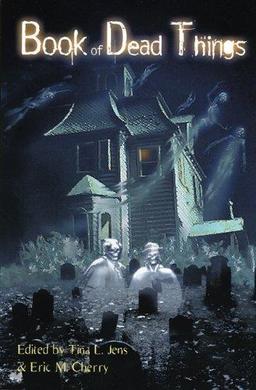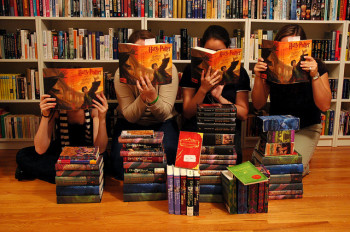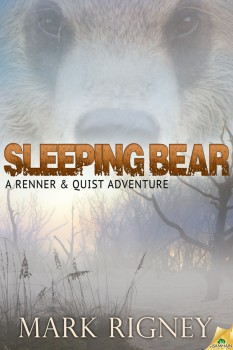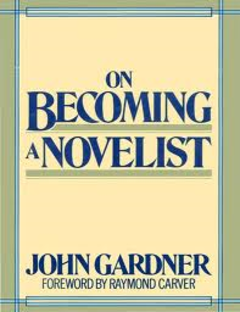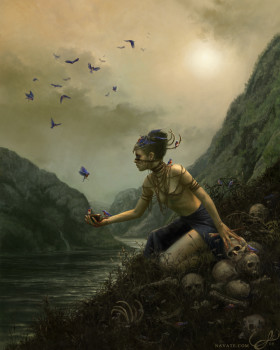A Book Worth Reading Every Year: Charlotte’s Web by E.B. White
In a few days I’ll begin my twenty-first year of teaching fourth grade; as I tell my new families every intro night, I’m going to keep doing it until I get it right.
As always, the year ahead is largely unknown territory; even so, there are some things that I know will happen. For instance, there will be days when it seems like the kids are utterly clueless, and there will be days when it seems like I’m utterly clueless; students will be stricken by strange stomach maladies that come out of nowhere (usually right after a hasty lunch followed by twenty minutes of running around on the playground) and disappear just as quickly. There will be computer troubles and copier failures at the most inopportune times, and chairs or even desks will mysteriously tip over, spilling their contents (human or otherwise) on the floor — inevitably, just as we’re beginning to dig into the mysteries of long division or at some other equally problematic moment. I could go on, but why bother? If you’ve ever been in a classroom, you already know it all.
And I love it; there’s nothing that I would rather be doing, and one reason is because there’s another thing that I know will happen — I’ll read aloud to my students, and it’s the thing that I look forward to most; it’s always the high point of our day.
Every year we get through several books. Some are old favorites that I often return to (The BFG, The Cricket in Times Square, Pippi Longstocking) and some are “new” books that I try out in hopes of adding to my stock of old reliables (The Enormous Egg made the rotation, but after reading The Phantom Tollbooth last year, I know I won’t be revisiting it — it’s not a bad book; it’s just not great for reading aloud). There’s one book, however, that there’s never any question about; every year I treat my kids — and myself — to E.B. White’s masterpiece, Charlotte’s Web.
